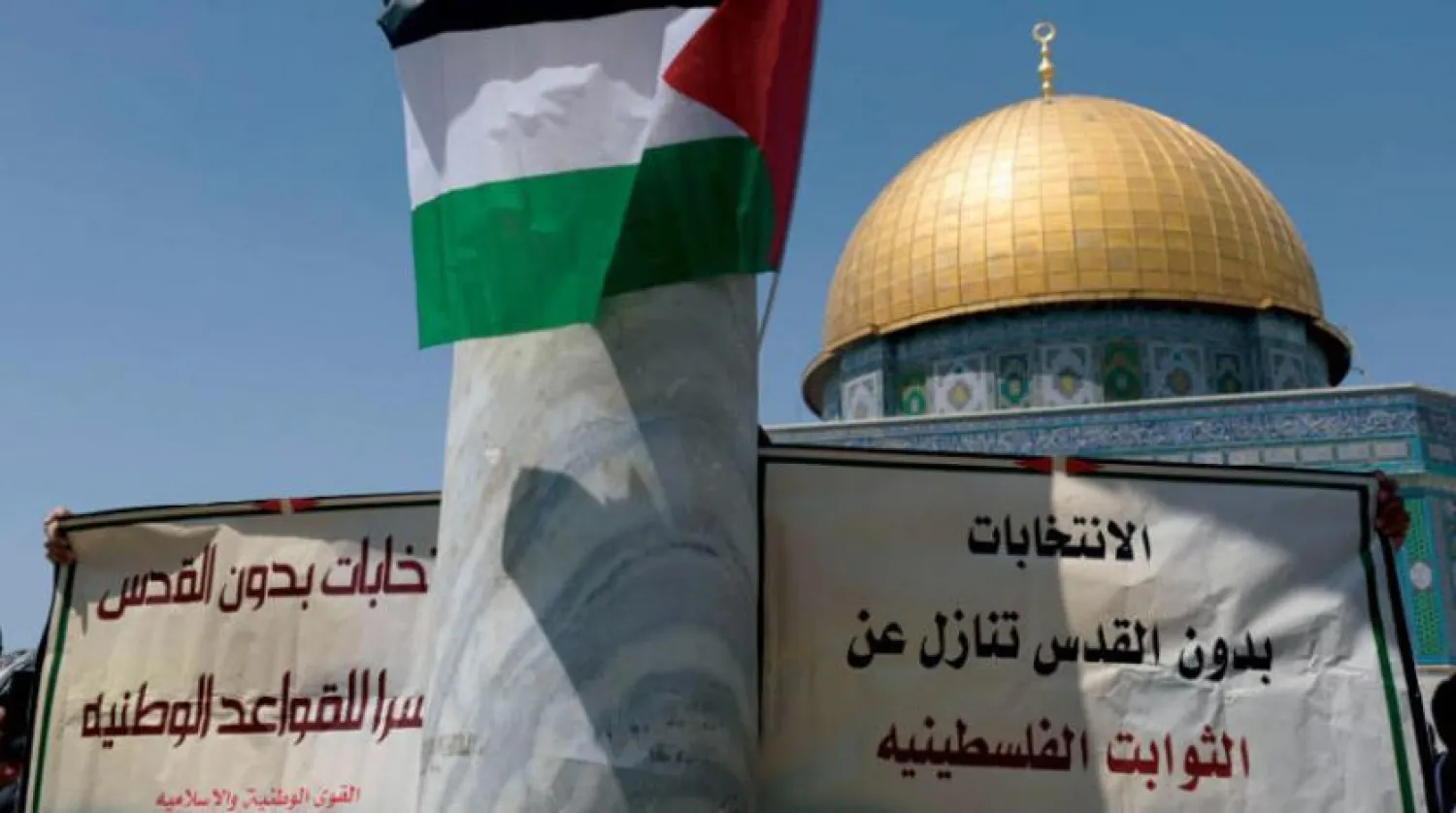More and more Palestinian officials have stated that President Mahmoud Abbas may postpone the upcoming parliamentary elections, a move increasingly opposed by the Hamas movement and other electoral lists.
Nabil Shaath, an advisor Abbas, was among the latest officials to warn that elections are “very likely” to be delayed if Israel continues to bar voting in East Jerusalem.
A senior Palestinian Authority (PA) official told Kan 11 News on Wednesday that he believes there is a high probability that the elections, which are scheduled for May 22, will be delayed.
“Currently, there is a 90 percent chance that the election will be postponed,” the source said.
According to the report, Abbas has not yet decided on whether to postpone the polls, even after a series of discussions on the issue that took place this week in Ramallah.
Kan 11 News reported that the pressure on Abbas has increased in recent days.
Among other things, Fatah officials fear that the internal divisions within the party ahead of the polls may allow Hamas to gain a foothold that would adversely affect relations between the PA and Israel and the administration in Washington.
Civil Affairs Minister Hussein al-Sheikh, Head of the General Intelligence Service Major General Majed Faraj, as well as other Fatah officials and heads of the security services are among the officials pressuring Abbas, the report noted.
Palestinians in the West Bank, Gaza Strip and East Jerusalem are due to vote on May 22 ahead of a planned presidential election in July.
The Palestinian leadership is supposed to hold an expanded meeting in the next few days, headed by Abbas, to review options related to holding the polls.
So far, Palestinian officials have stated that they are committed to the elections provided that they take place throughout occupied Palestinian territory, including Jerusalem.
“No elections without Jerusalem,” stressed Palestinian Liberation Organization (PLO) Executive Committee member Wasel Abu Youssef.
The leadership is currently waiting for the results of international efforts to pressure Israel in this regard, he told Voice of Palestine radio on Thursday.









